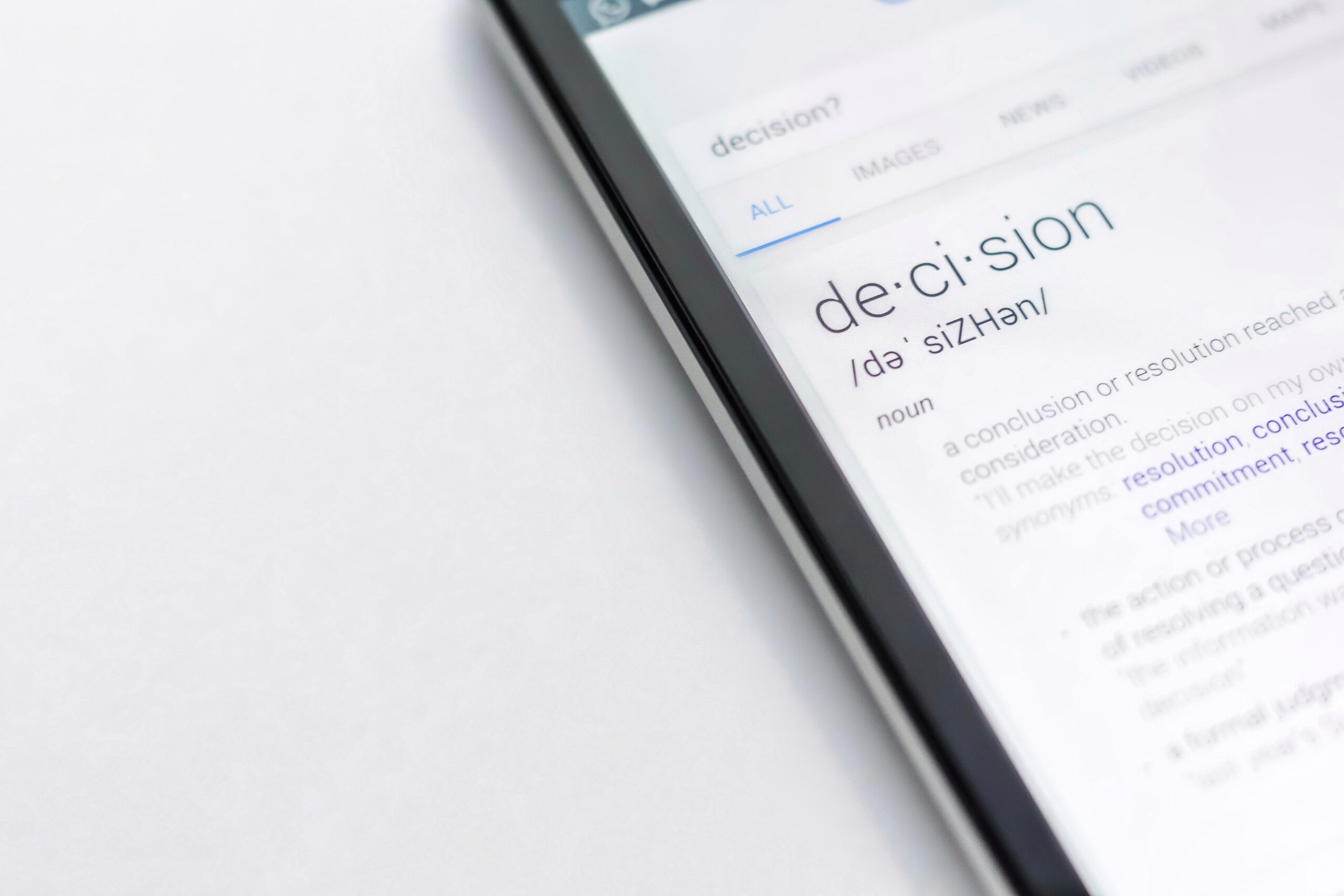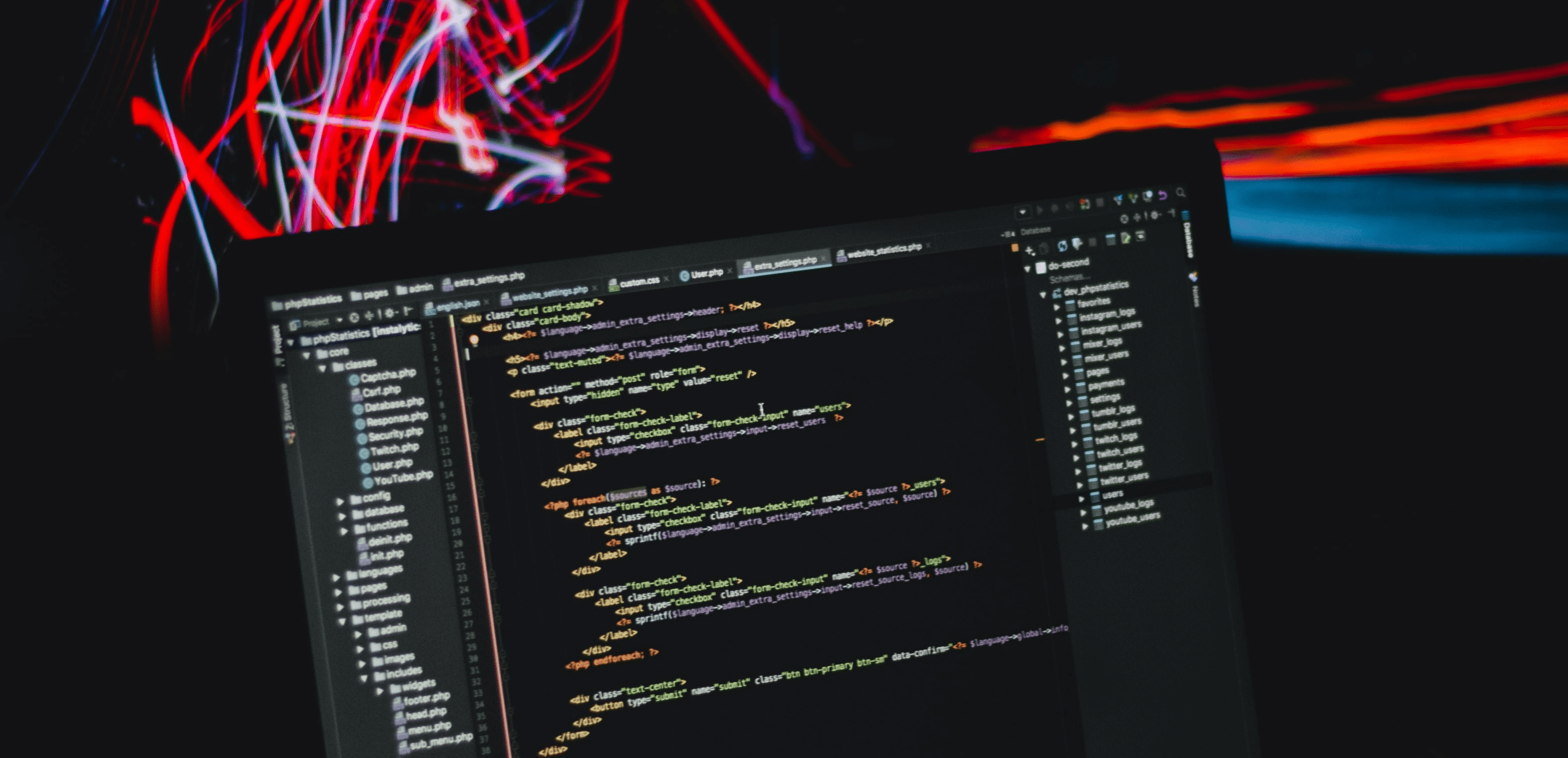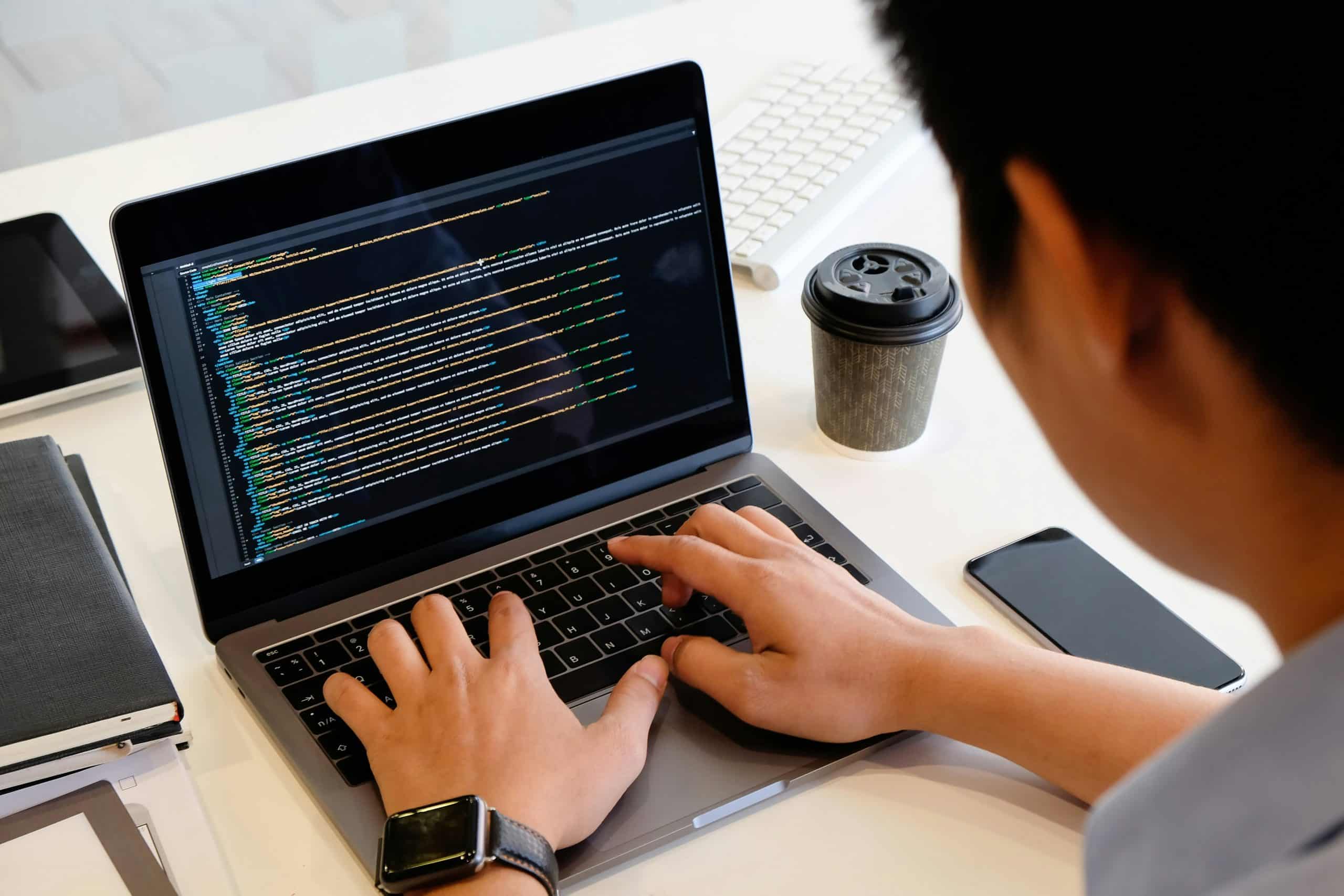Author: doser
-

Controlled vocabularies for the social sciences: what they are, and why we need them
The aim of this short article is to provide definitions to understand their use in the context of annotating the metadata ingested into the ODISSEI Portal, a repository that combines metadata from a wide variety of research data sources into a single interface. Thanks to the annotations enabled by controlled vocabularies and related resources, the…
-

Successful first SICSS-ODISSEI summer school
From 20 June to 1 July, the first SICSS-ODISSEI summer school successfully took place in Rotterdam. In the first week, the programme included lectures and interactive work sessions to familiarise about 20 participants with key issues and challenges in computational social sciences. In the second week, the participants executed a unique social science benchmarking challenge,…
-

ODISSEI Lunch Lecture: The equitability of policy interventions: the Dutch decentralization of the social domain
On Thursday 13 October between 12-13 hrs, Mark Verhagen (University of Oxford) will give an online Lunch Lecture on his use of Dutch administrative data at Statistics Netherlands (CBS) and machine learning to study the effects of decentralization of government tasks: ‘Using Causal Trees and Registry Data to Study the Equitability of Policy Interventions: The…
-
ODISSEI Conference for Social Science in the Netherlands 2022
The ODISSEI Conference for Social Science in the Netherlands seeks to bring together a community of computational social scientists to discuss data, methods, infrastructure, ethics and theoretical work related to digital and computational approaches in social science research. ODISSEI, the research infrastructure for social science in the Netherlands, connects researchers with the necessary data, expertise and…
-

ODISSEI Portal launched during the Open Science Festival
During the Dutch national Open Science Festival on September 1st, ODISSEI launched the first version of the ODISSEI Portal. The ODISSEI Portal combines metadata from a wide variety of research data repositories into a single interface, which is already searchable and which in future will allow for advanced semantic queries to support further findability and…
-

Additional funding eScience Center and extended deadline for ODISSEI eScience Grant
Next to the Open ODISSEI eScience Center grant for free research software engineer (RSE) time, additional funding has been made available at the Netherlands eScience Center in the form of the recently opened SSI Grant. Social science researchers who require support to build research software or digital tooling to answer their research problem can now…
-

Seven projects awarded Microdata Access Grant (MAG) 2022
The Microdata Access Grant offers financing of research projects using CBS microdata. In the 2022 round of the Call for Proposals for the Microdata Access Grant we have received 29 applications. The reviewers in this round were: Jennifer Holland, Erik-Jan van Kesteren, Christiaan Monden, Paul Muller, and Bram Wouterse. The following 7 projects were awarded in the 2022…
-

A short practical guide for preparing and sharing your analysis code
With the increasing popularity of open science practices, it is now more and more common to openly share data processing and analysis code along with more traditional scientific objects such as papers. There are many benefits to doing so: it makes your work more easily verifiable, reproducible, and reusable. But what are the best ways…
-

Data Support Needs in the ODISSEI Community
The number of data support staff members in Dutch academic institutions is growing. Professionals such as data stewards, data managers, and data officers, support researchers throughout the research cycle, providing the necessary expertise to implement FAIR principles and sound Research Data Management (RDM) practices. Since the responsibilities of these professionals become more and more crucial…
-

Collecting ODISSEI Outputs on Zenodo
The ODISSEI Community on Zenodo is now live! Zenodo is an open repository for digital objects, developed under the European OpenAIRE program and operated by CERN. Upon upload on Zenodo, records are assigned a persistent identifier (a doi), which makes outputs more easily findable and citable. Zenodo is also flexible as it allows the upload…